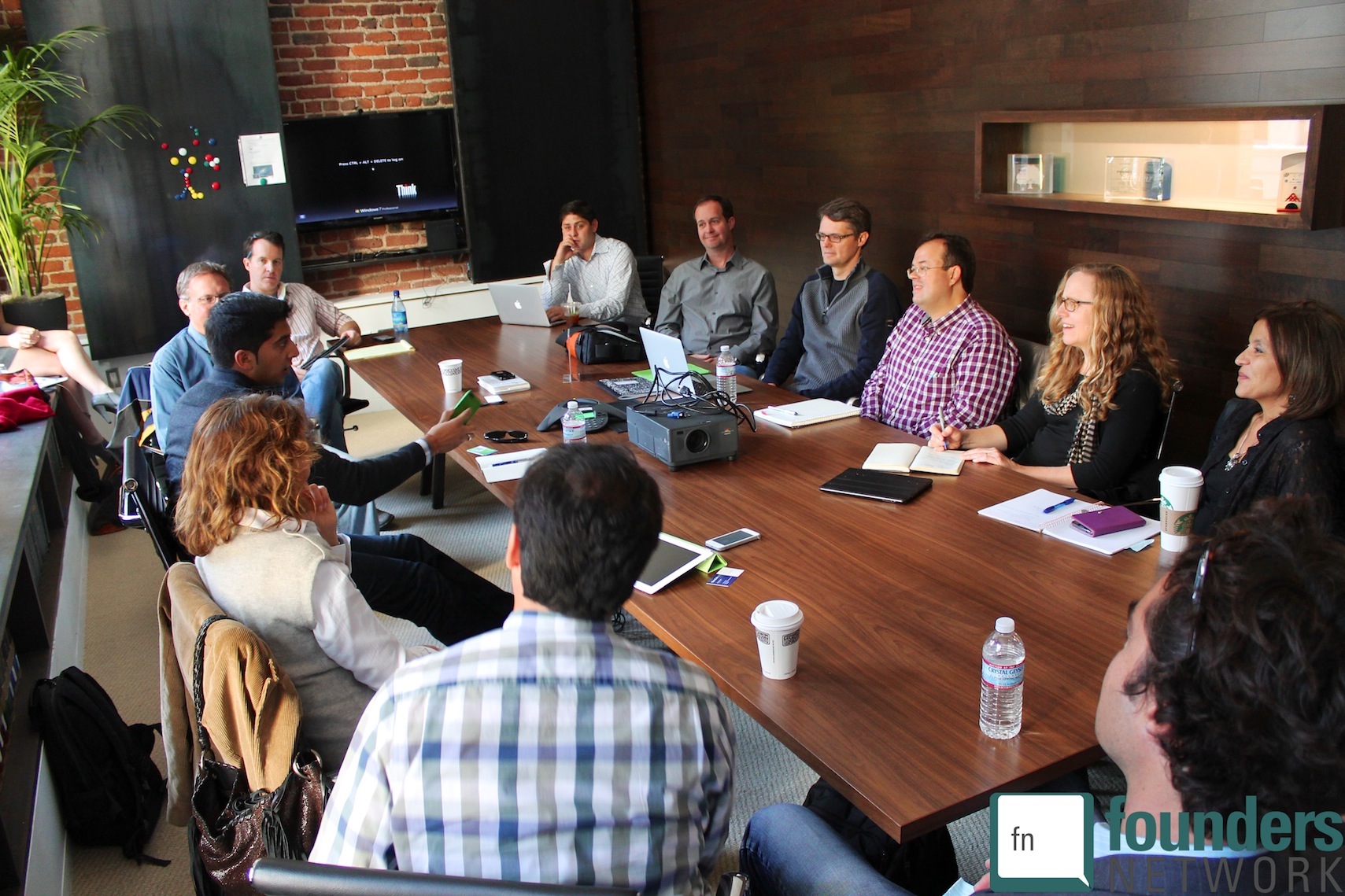
Sara Deshpande, Partner at Maven Ventures, became the company’s first employee in 2014. Since that time, she has been part of over 30 investments, and nine exits. These have included Zoom (IPO, “ZM”), Cruise (acquired by GM), and Chariot (acquired by Ford). Founders Network sat down with her to discuss the insights gained from over 12 years of advising and investing in consumer tech startups worldwide.
Sara Deshpande looks for three things when deciding whether to fund a startup. They include:
- An amazing vision worth fighting for
- A multi-billion dollar market
- A team capable of execution
A vision worth fighting for
While Deshpande acknowledges that there is a lot more diligence that goes into the final decision of whether Maven Ventures will fund, it is those three considerations that are most important. And so that leads to the question, what is an amazing vision worth fighting for?
Deshpande explains that it’s vital that founders truly believe that their product will have the opportunity to get in front of multiple millions of people. But they also need to believe in something more: that their product will be life-changing for customers.
That leads into the second, often overlooked part of a vision worth fighting for. “It’s got to be something that’s not already solved in a way that’s good enough today.” By good enough today, Deshpande references a problem that might not have the best solution but nonetheless has a widely adopted one. In these cases, you end up in competition with people’s existing behavior, something that is very hard to change.
To sum up an amazing vision worth fighting for? “Ton of passion, can reach tens or hundreds of millions of people, will make their lives better and you can be really proud to bring it into the world, and it’s not solved in a way that’s good enough today.”
“What have you proven so far, and how much money do you really need to get to the next set of milestones?” - @sara_desh Share on XYour startup’s investment stage
When trying to determine what stage of investment to hit when, Deshpande points out that in today’s market there is a lot less differentiation between various fundraising stages. For Deshpande, the big questions are, “what have you proven so far, and how much money do you really need to get to the next set of milestones?”
She offers a basic breakdown for the early stages:
- Earlier Pre-Seed Rounds: Pre-product, pre-launch, very early data stage. $1 million, less than $2 million.
- Seed Stage: With early customer feedback, early product at market and a team that’s working together you have proof points and mitigated risk from team and early product perspective. $2-3 million.
Deshpande stresses the importance of determining milestones in funding. Is the goal to see the company through to a Series A milestone? In that case, it’s a core seed stage.
“Once you have a good set of culture values you have to go beyond just having them written on a wall and actually integrate them into the daily behaviors of your team.” - @sara_desh Share on XCompany Culture
Back in 2014, with just the founding partner, herself and an intern, Deshpande sat down to create a company culture, one that was intentional and committed to paper. At that time, the emphasis that Maven Ventures placed on creating a formal company culture was regarded as a nice thought. Today, though, Deshpande finds this idea really resonates with founders, not just because of all the highly publicized cases of massive culture failures within companies, but also because more and more investors have come to expect a well-established company culture.
In order to create a strong company culture, Deshpande recommends:
- In the early days (before or during hiring) have an intentional discussion with the co-founding team.
- Document the vision and mission of the company. What are the core values you would like to see the company and employees embody?
- Make these 3-5 documented sets of values a core part of your company.
“Once you have a good set of culture values you have to go beyond just having them written on a wall and actually integrate them into the daily behaviors of your team.” This means making them a part of the hiring process, evaluation process and annual review.
For more from Maven Ventures, sign up for Founders Network for an upcoming event with Senior Associate, Robert Ravanshenas, or request to join to access the many resources that Founders Network offers.






